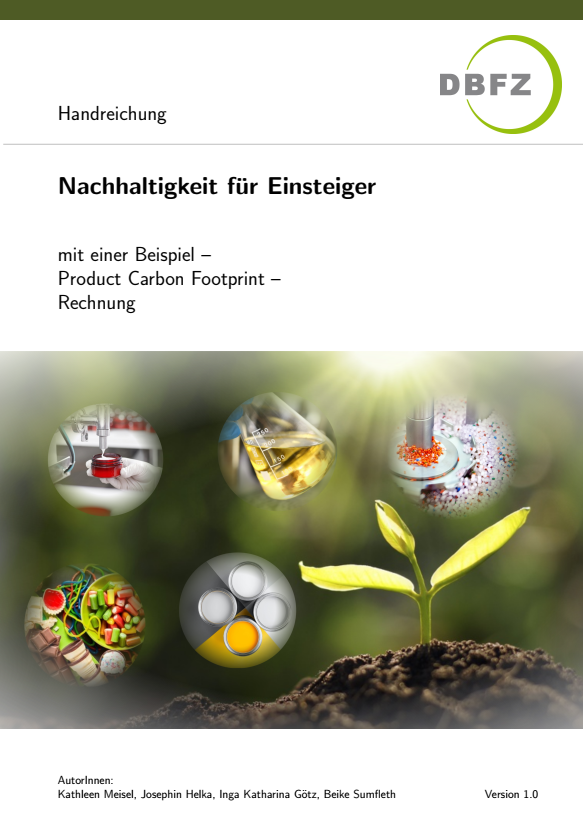Our methods and tools
Sustainability assessment
For sustainability assessments, analyses can be carried out on the basis of relevant standards from science and industry. These include, among others:
- Life cycle analyses according to ISO 14040/14044
- Product carbon footprints according to ISO 14067, the standard of the Together for Sustainability initiative or the ISCC standard
- Balancing on enterprise level according to ISO 14064 and 14072 and the Greenhouse Gas Protocol standard.
For balancing, we use software tools such as Umberto or OpenLCA as well as individually created GHG calculators.
We also provide the methodological principles of balancing in the form of handouts for training and knowledge transfer purposes.
Sustainability certification
Our working group is involved in various research projects to develop new indicators and criteria for certification. We regularly compile overviews of the status quo of sustainability certification in bioeconomy. In addition, we provide companies with specific support in the selection and implementation of suitable certification systems.
Analysis of the political framework of bioeconomy
With the help of policy analyses, we support decision-makers in the form of statements, background papers and scientific recommendations for action as part of research projects. The focus is on the role of biogenic waste and residues in energy policy funding instruments at national and European level. Other important topics include CO2 pricing, sector allocation and the circular bioeconomy.

Reviews and data analyses
In collaboration with the DBFZ Data Lab, our working group regularly carries out evaluations and meta-analyses of literature and project results in order to support the evaluation of individual sustainability indicators or policy analyses. Among other tools, the software R is used for this.

